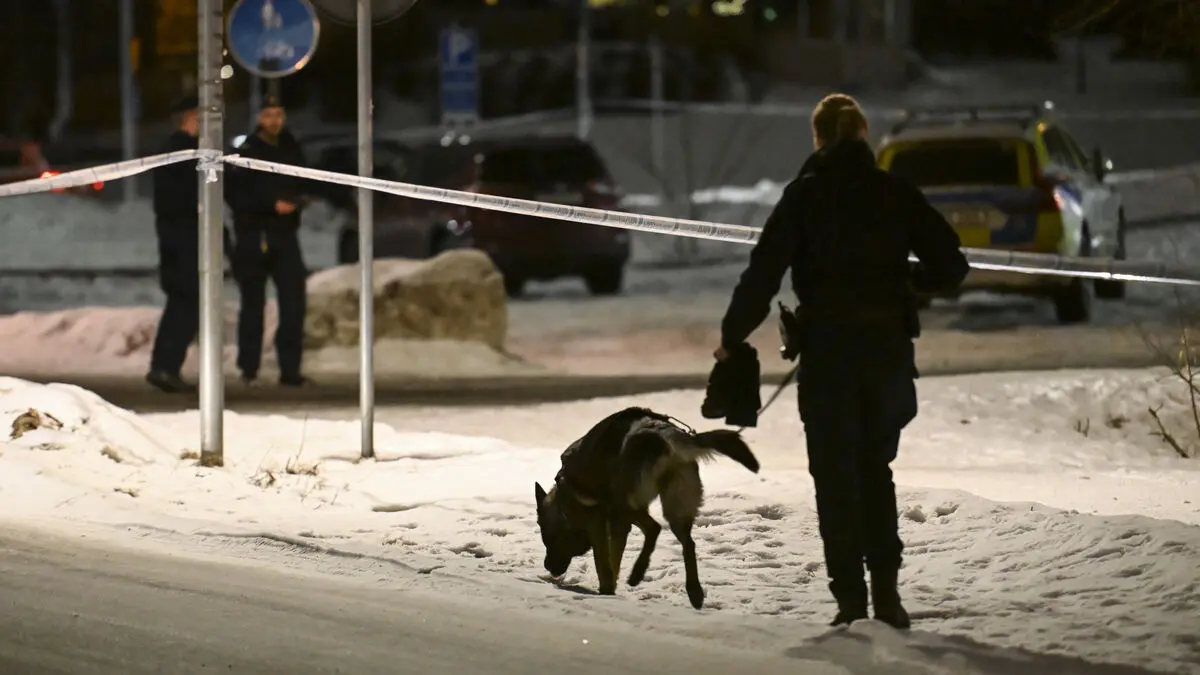The world has been waiting for Hezbollah's response since the Shia militia commander Fuad Shukr was killed in Beirut at the end of July.
They were expected to respond in some way. Now they say they have carried out their response and attacked various targets within Israel, but whether that is true, we do not know, says Persson, a political scientist at Linnaeus University.
Persson points to the lack of information, and that surprisingly little is coming out about the events.
This despite Lebanon being relatively free, one of the freer countries in the Middle East.
According to Persson, the lack of information may also be due to Israel having imposed a "gag order" on which targets were hit.
"Very much"
Anders Persson is also skeptical about the Israeli claims that "thousands" of Hezbollah's rocket launchers have been destroyed.
In my ears, it sounds very much, even though we know that Israel's attacks have been extensive. Hezbollah is usually good at hiding these launchers underground.
If the reports are true, the death toll should also have been higher, since some of these launchers are located in villages and communities, says Persson. By Sunday morning, only three fatalities in Lebanon had been reported.
The night's events began with an Israeli attack. The way of attacking preventively has also been seen several times before, for example in the initial phases of the war against Lebanon in 2006 and the Gaza War 2008-09.
Then they also used surprise attacks to paralyze the opponent. They follow a well-known Israeli modus operandi to gain tactical advantages.
The attacks ended
Already in the morning, Hezbollah declared that phase one of the attacks was over. According to Persson, this may be a way to try to fight on their own terms, and not meet Israel in a direct confrontation where they would be at a disadvantage.
Hezbollah claims to have fired 320 rockets at Israel on Sunday.
It's more than Hezbollah has fired before in a day, but it's not particularly much, since they have the capacity to fire several thousand rockets daily.
Most indications suggest that the escalation is over for the time being. I'm not saying the last rocket has been fired, absolutely not, but it appears that there is a certain calm for the moment.






